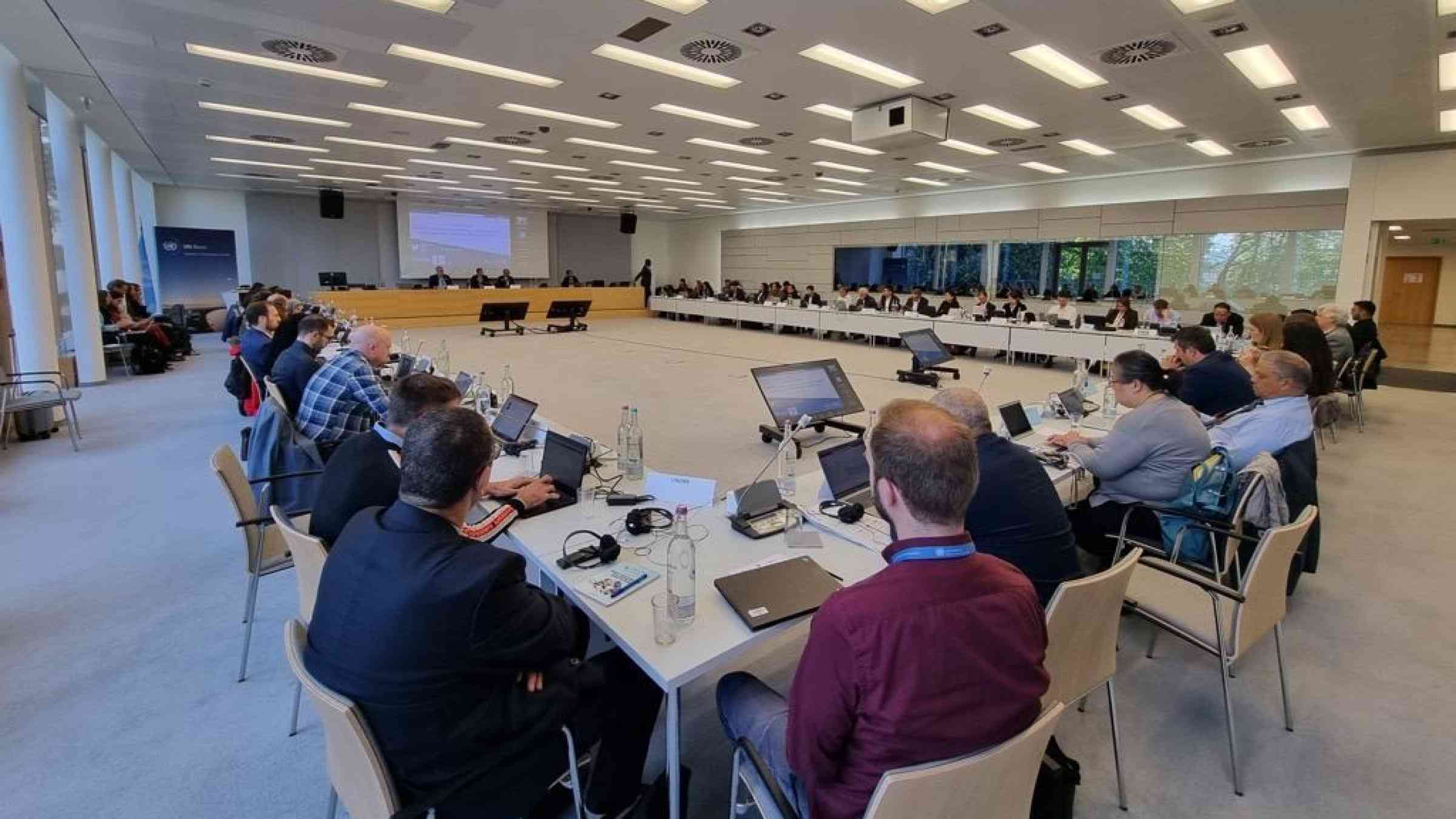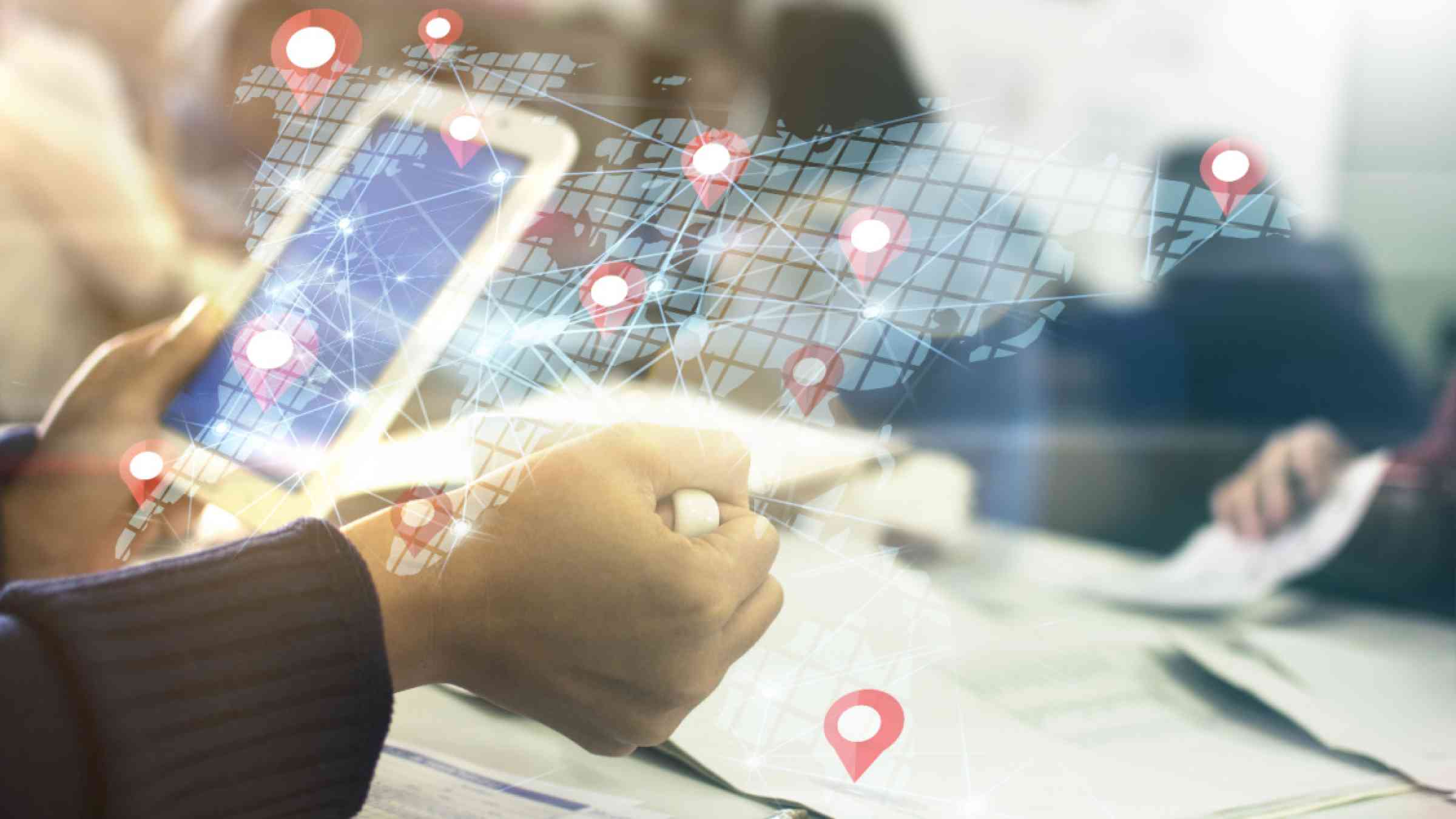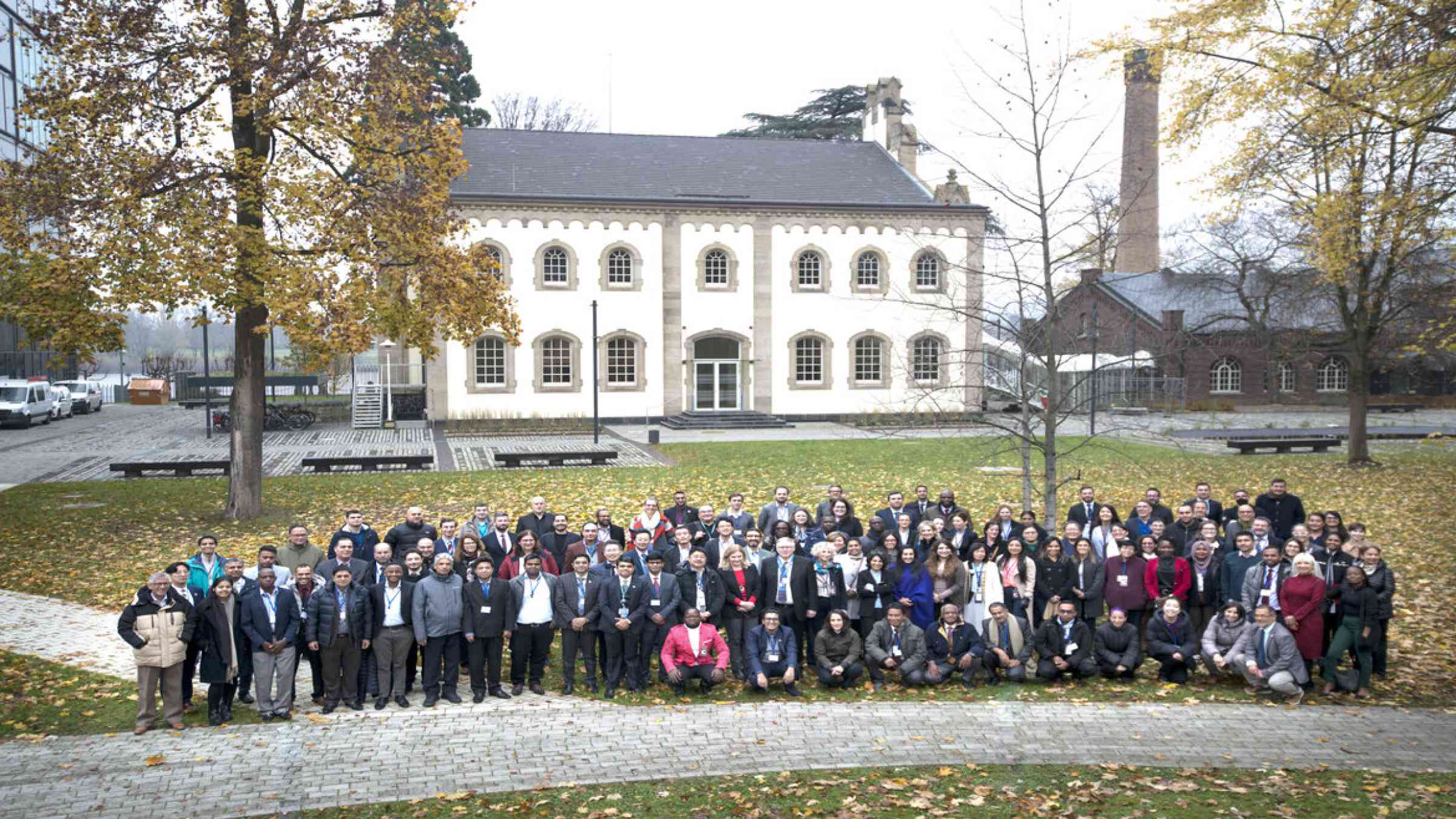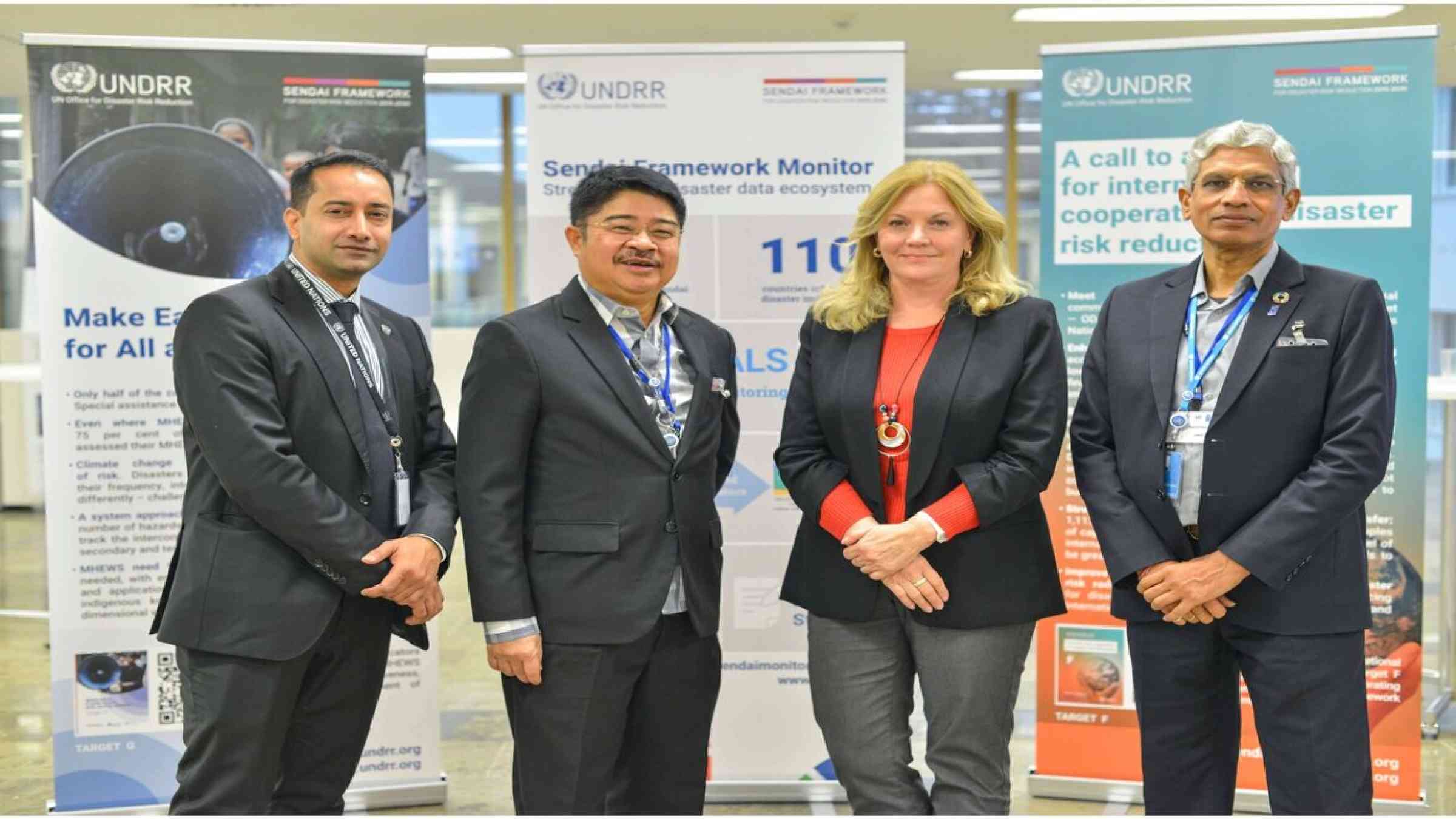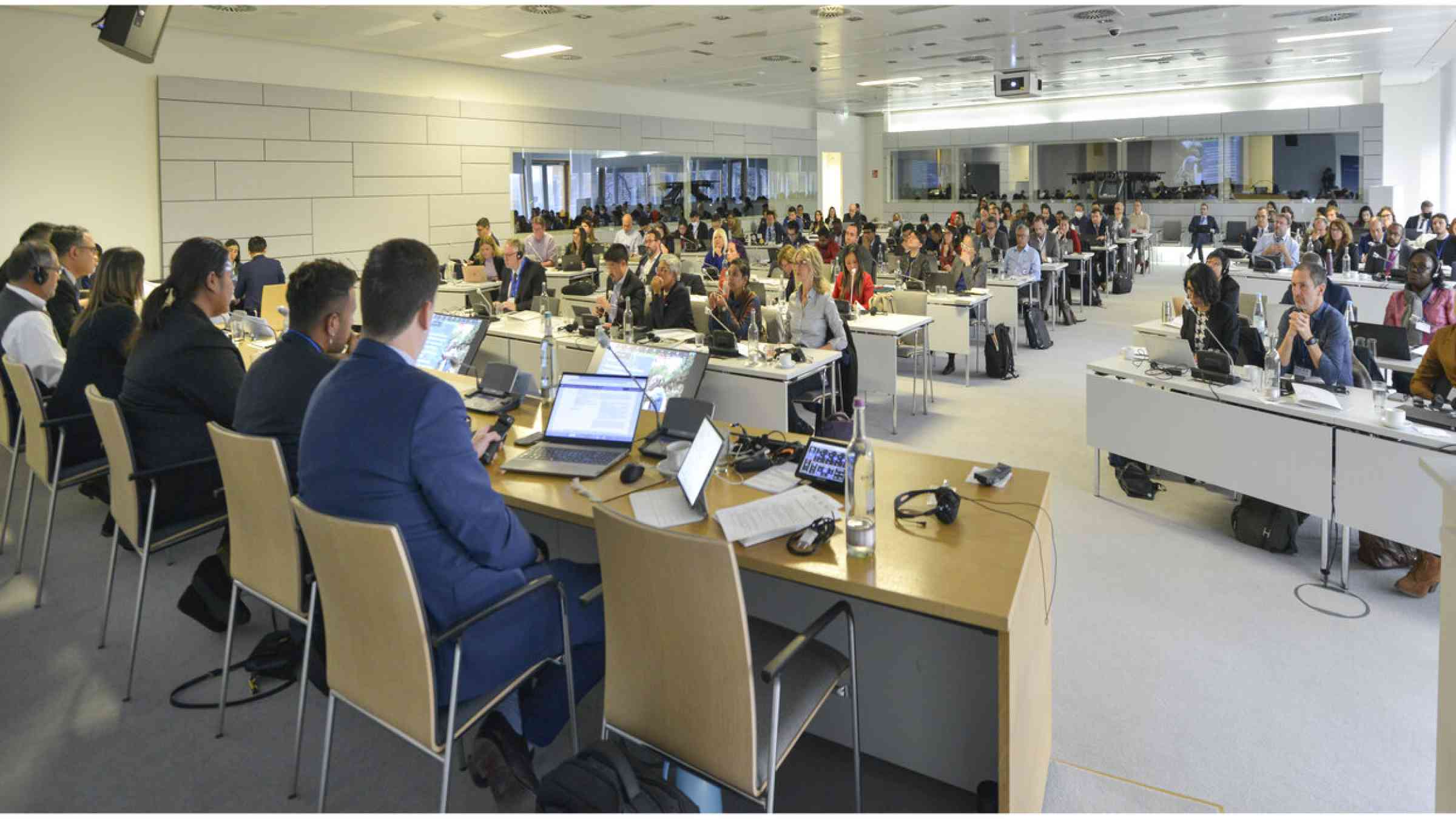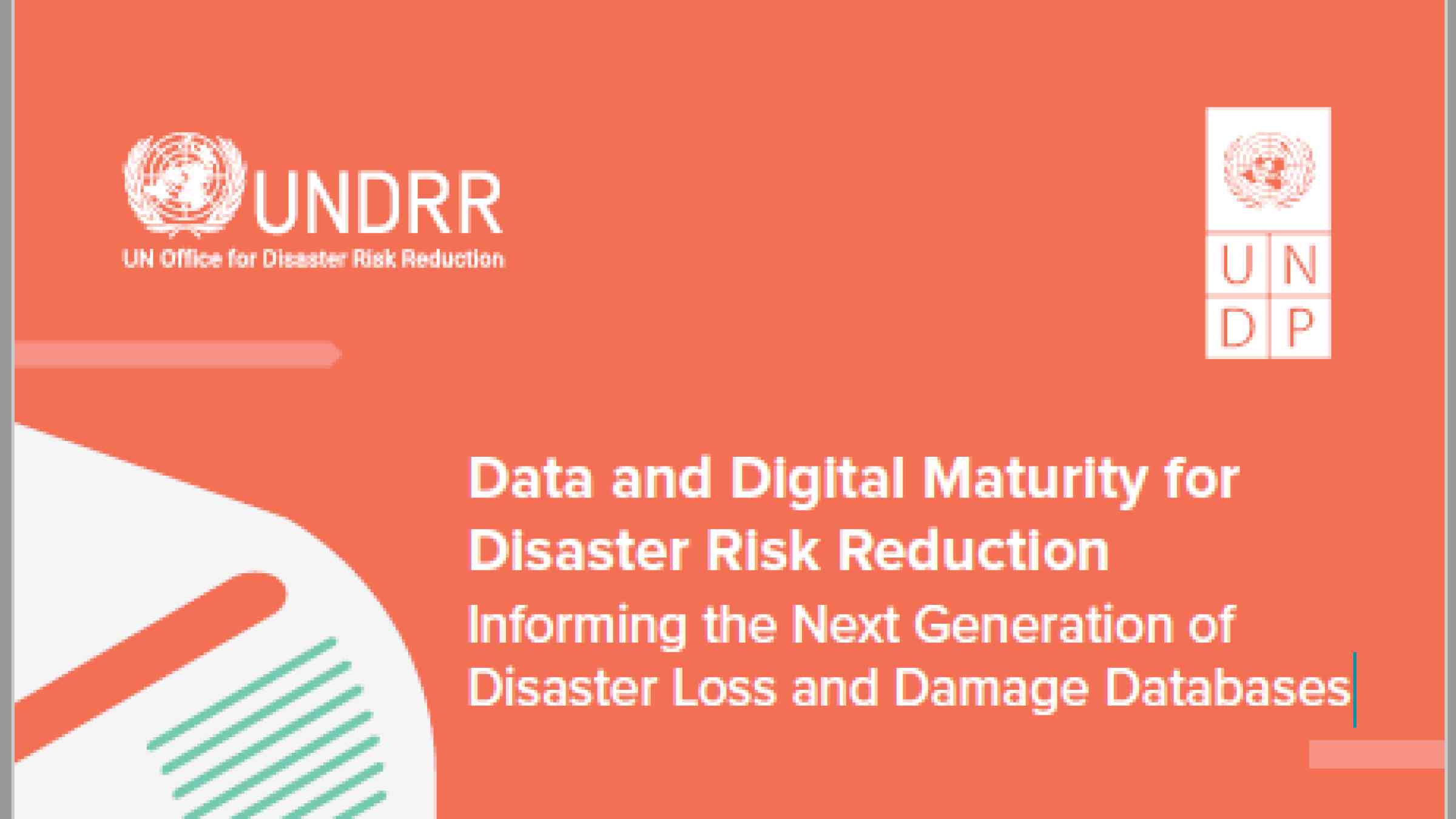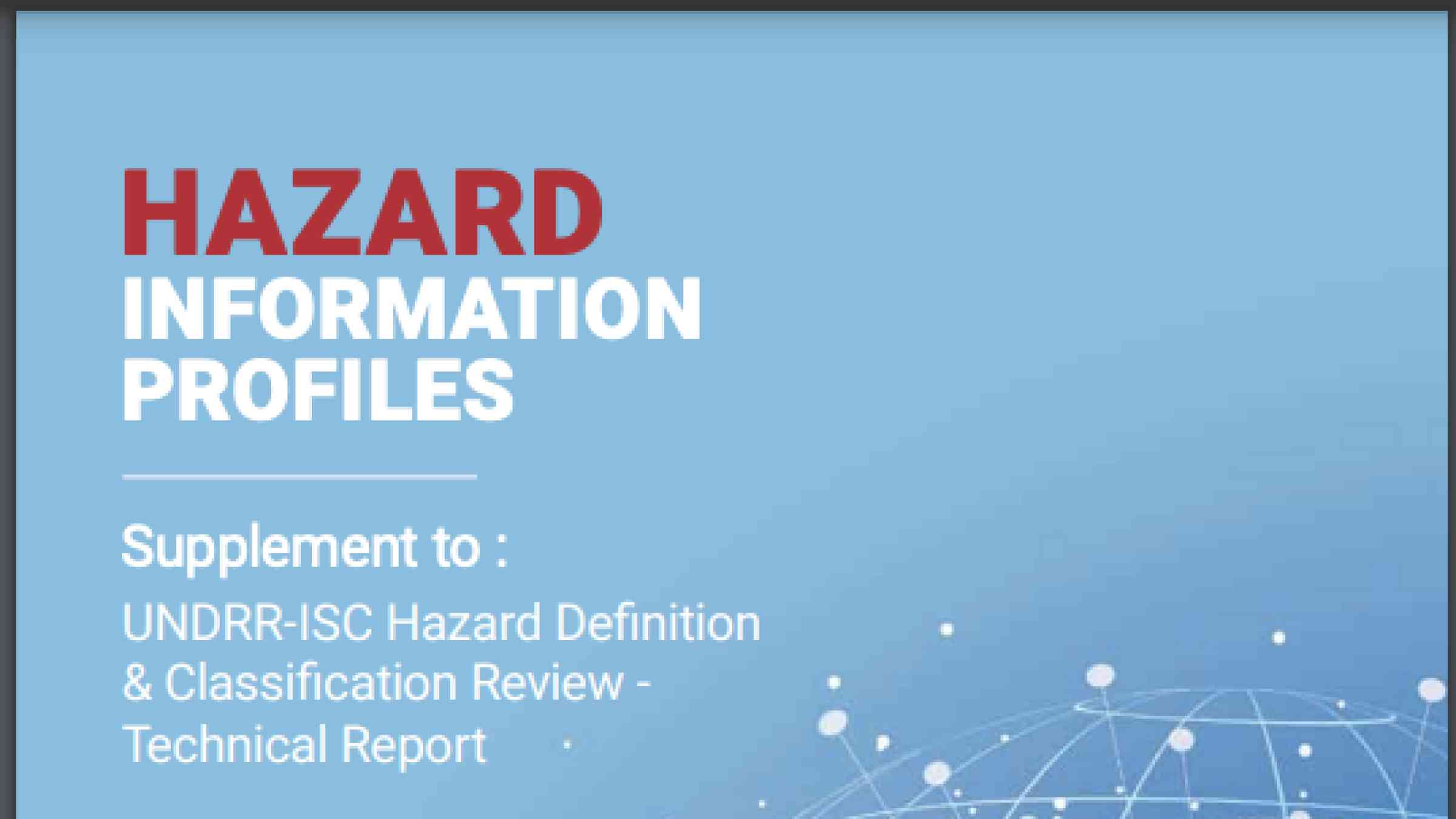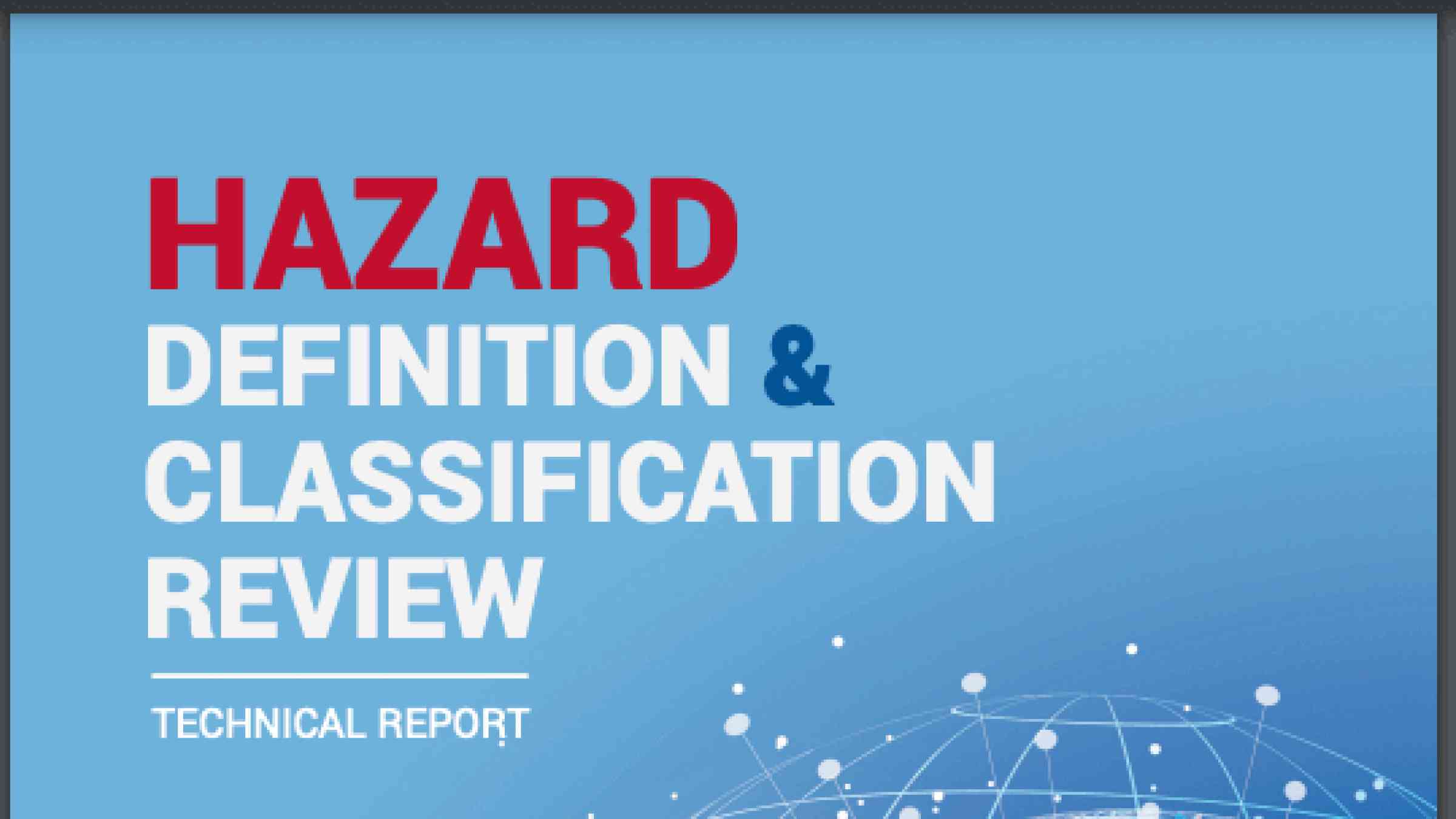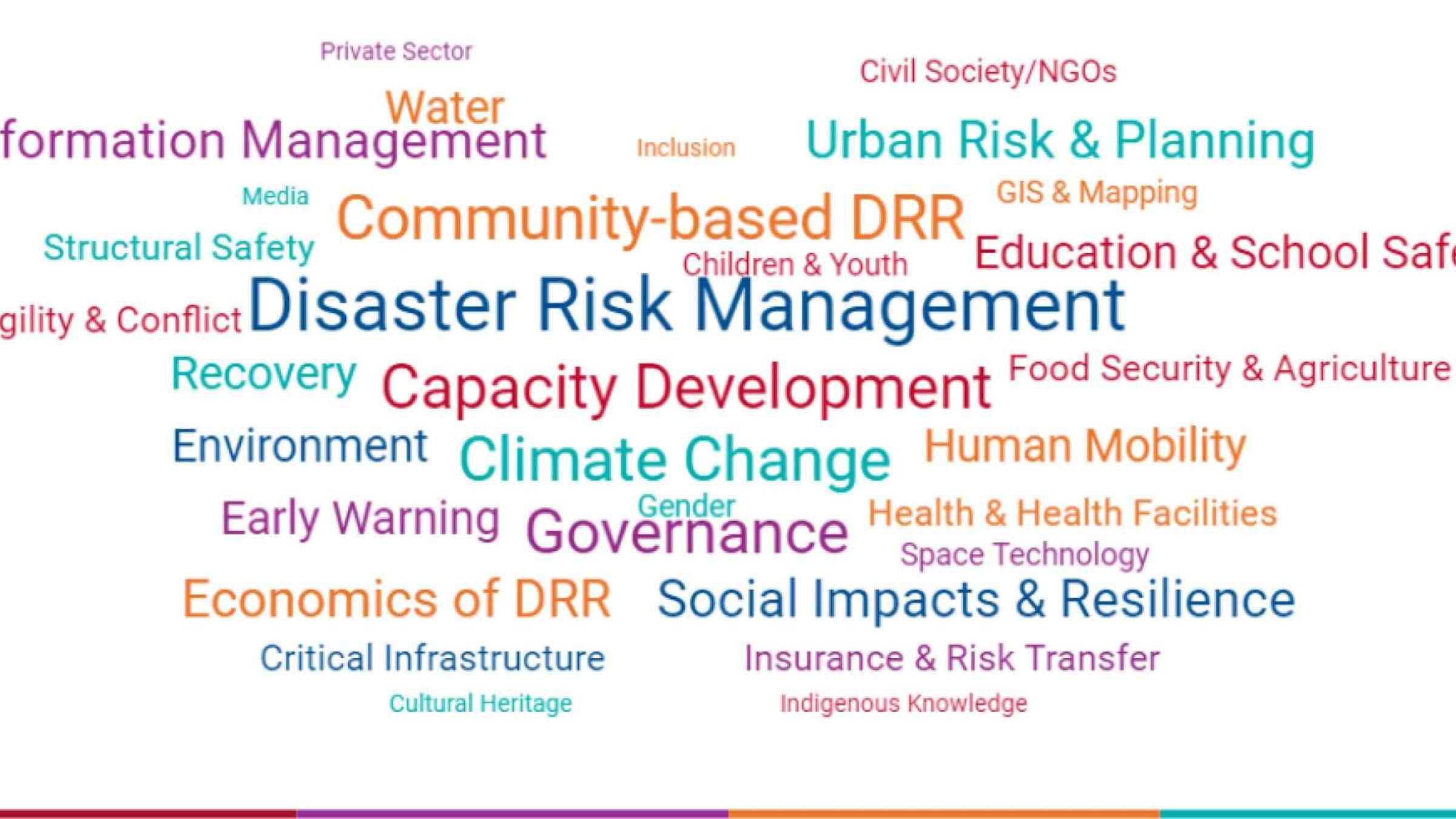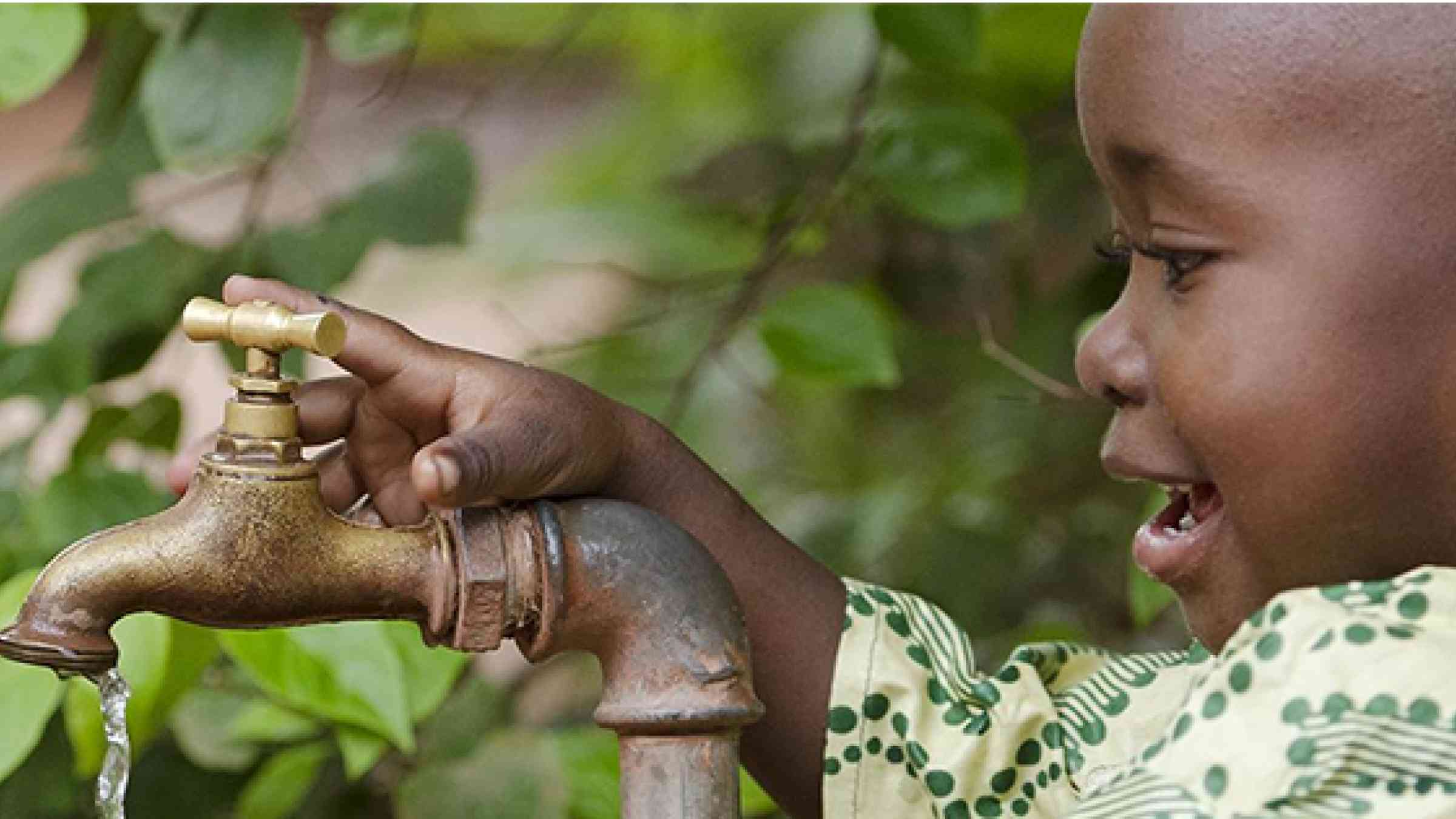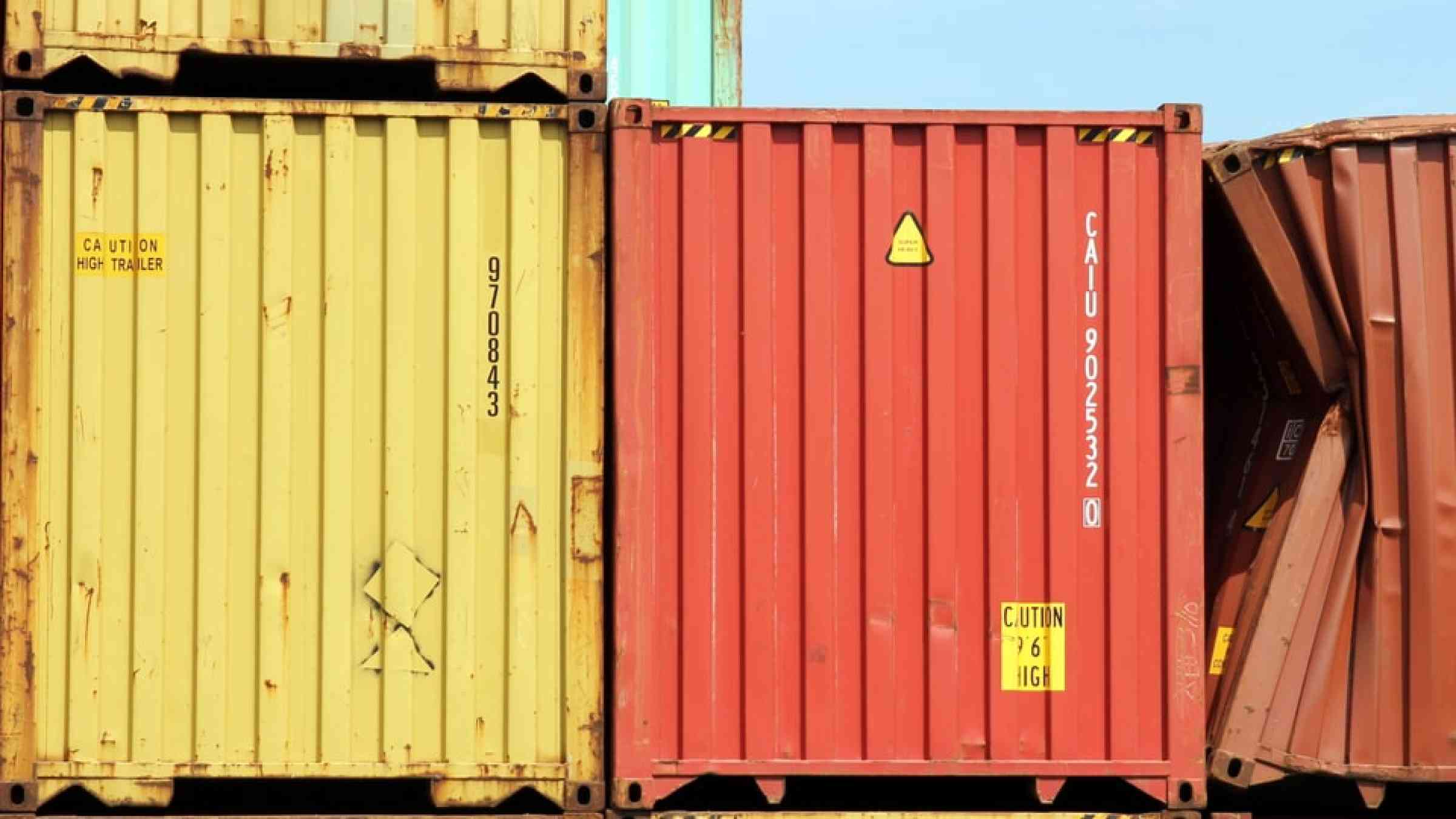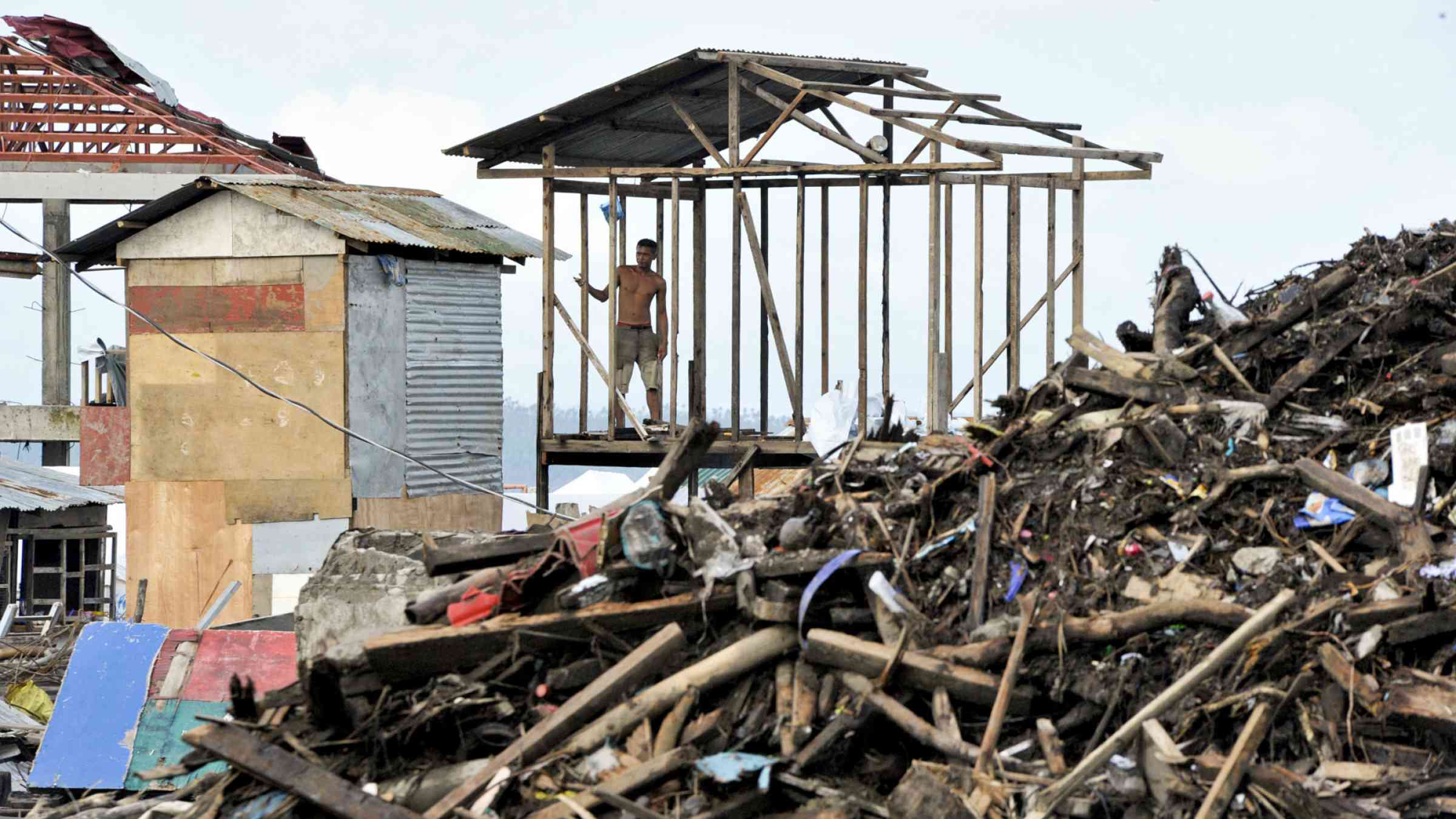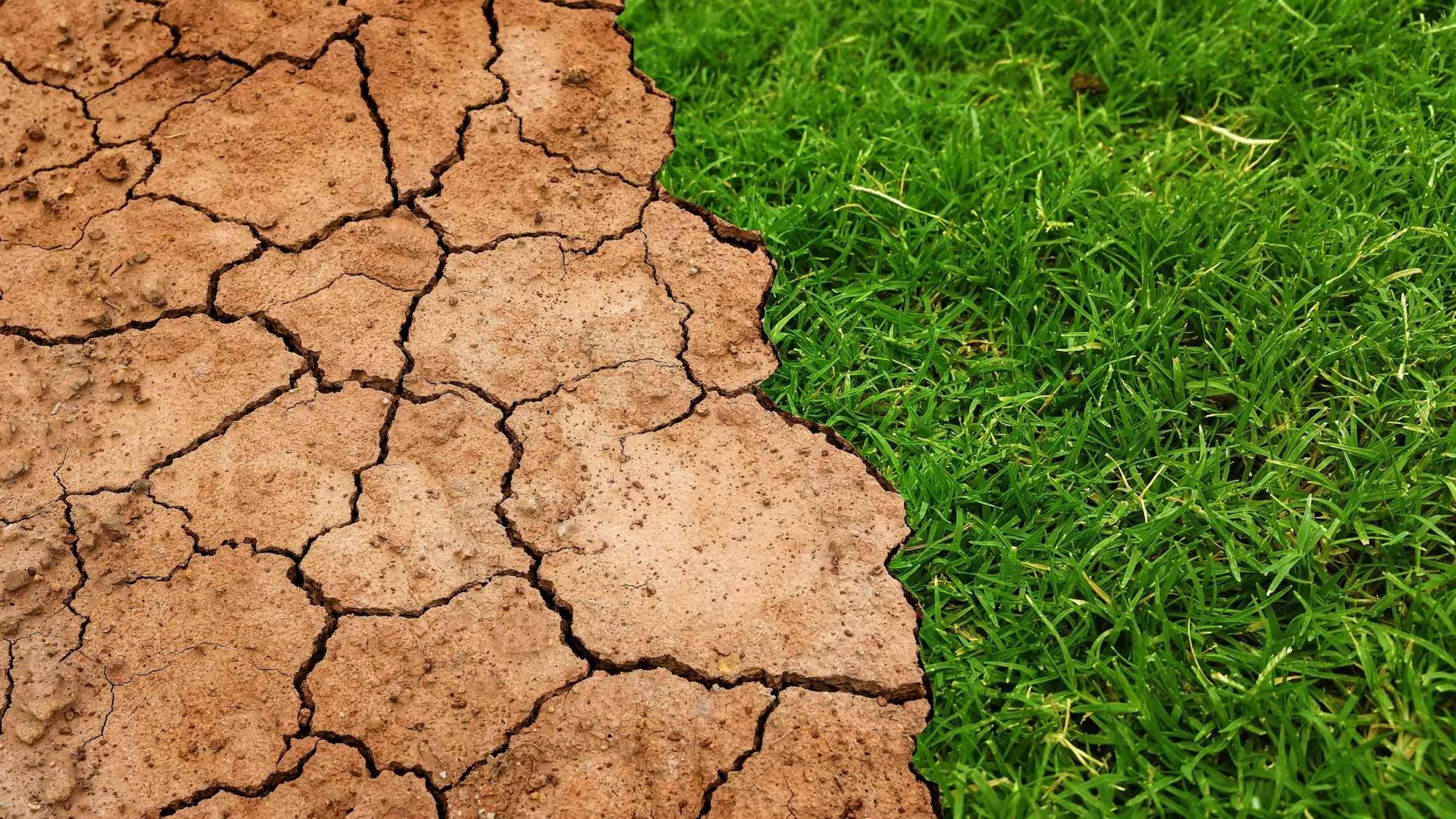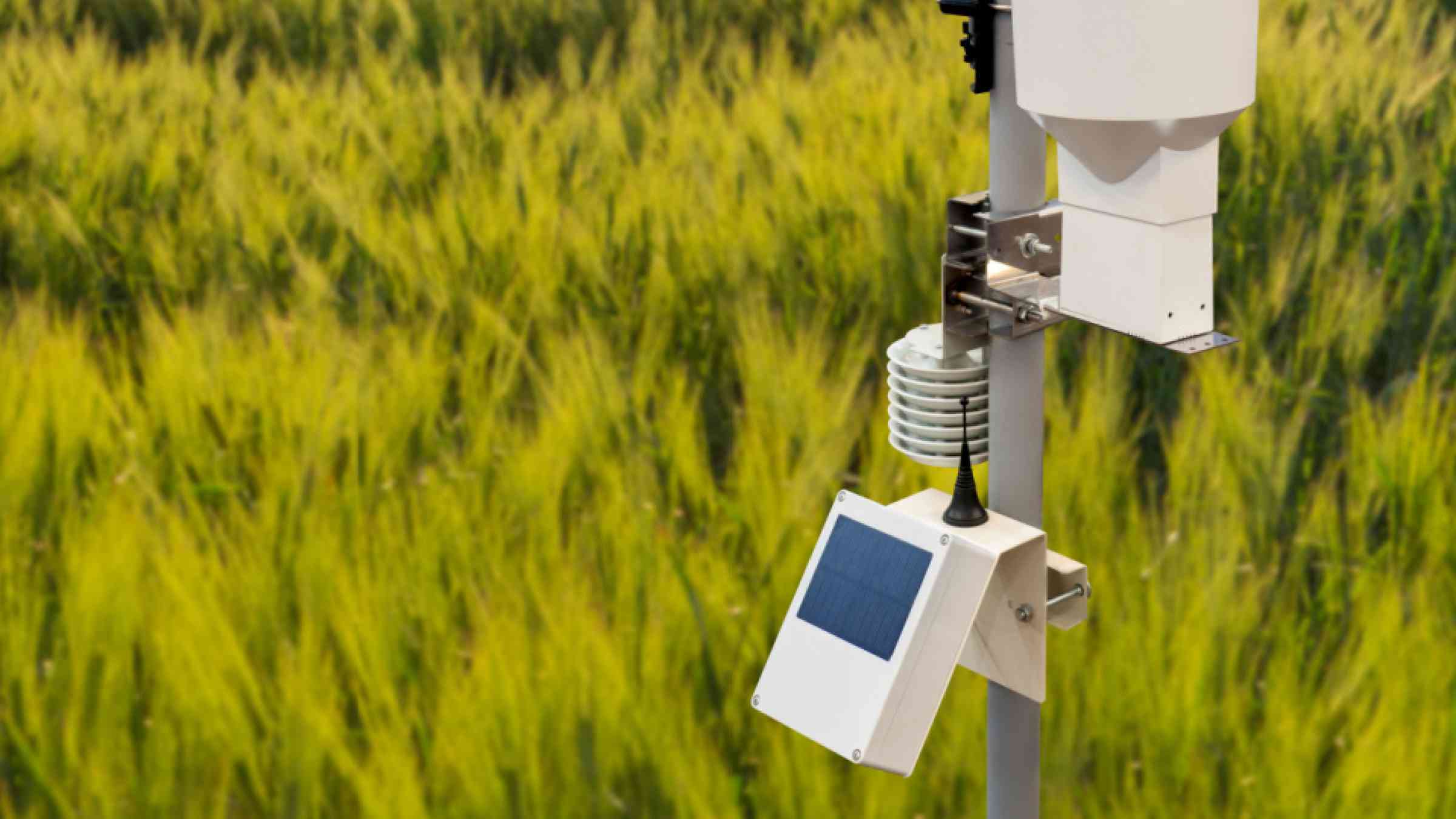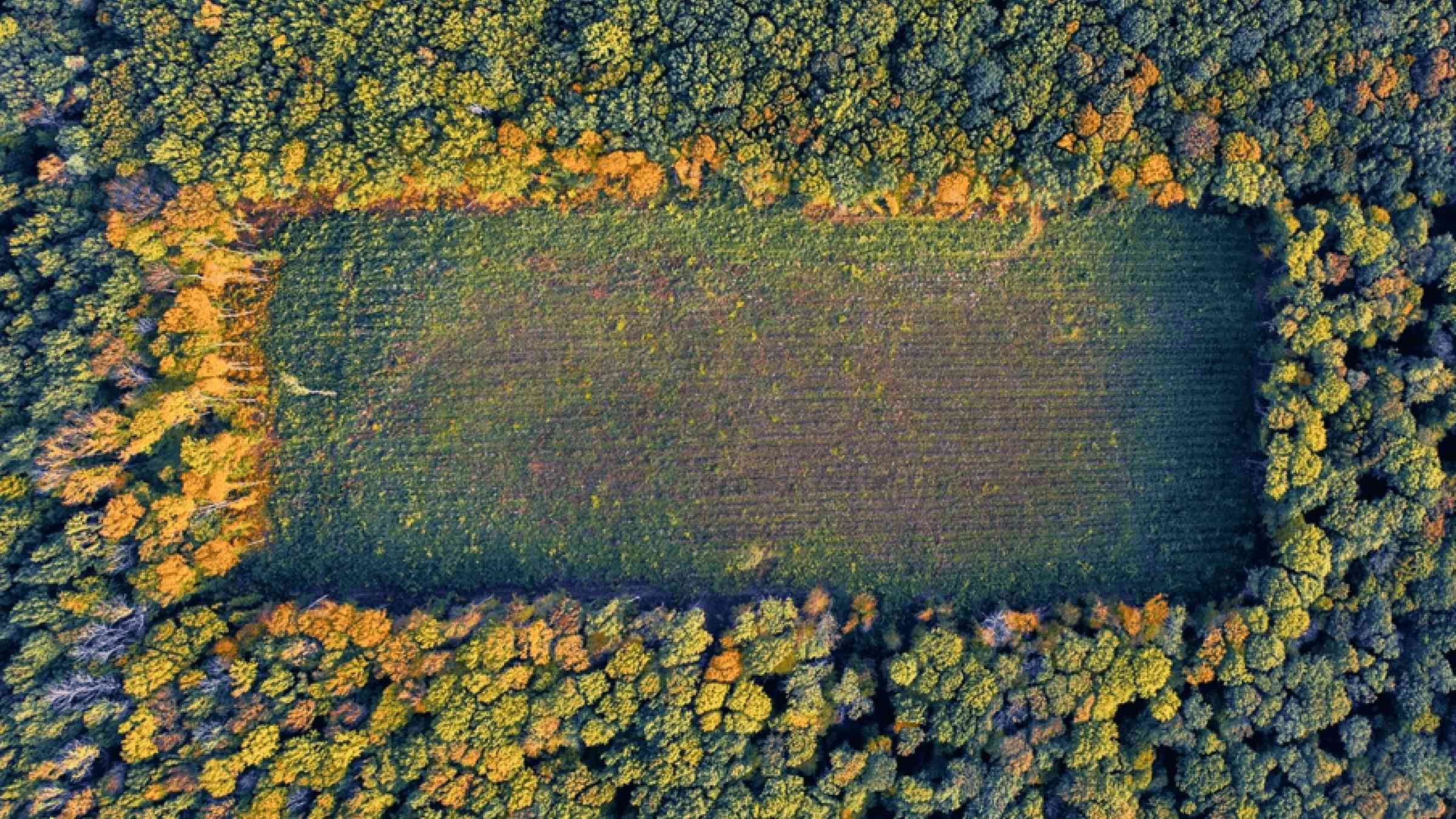Disaster losses and damages tracking
Disaster losses and damages tracking
UNDRR and partner organisations support countries in monitoring their progress in reducing losses and damages at national and sub-national levels through publicly-accessible disaster information management systems.
DLDT: A new disaster losses and damages tracking system
Aware of the emerging user needs and the existence of modern solutions, UNDRR, UNDP and WMO are collaborating to develop a new hazardous event and disaster losses and damages tracking system.
The new system will replace the existing DesInventar with a more comprehensive and interoperable tracking system that will cover both hazardous events, as well as disaggregated losses and damages at localized scales.
The new system will be synergized with the WMO-approved Cataloguing Hazardous Event (CHE) methodology. This will help link weather observations and hazardous events with related impacts/ losses and damages information and their cascading impacts. Linkages and enhanced collaboration between the National Disaster Management Offices (NDMOs) and the National Hydro-Meteorological Services (NHMS) will extend the losses and damages data value chain to support improved and new analytical options.
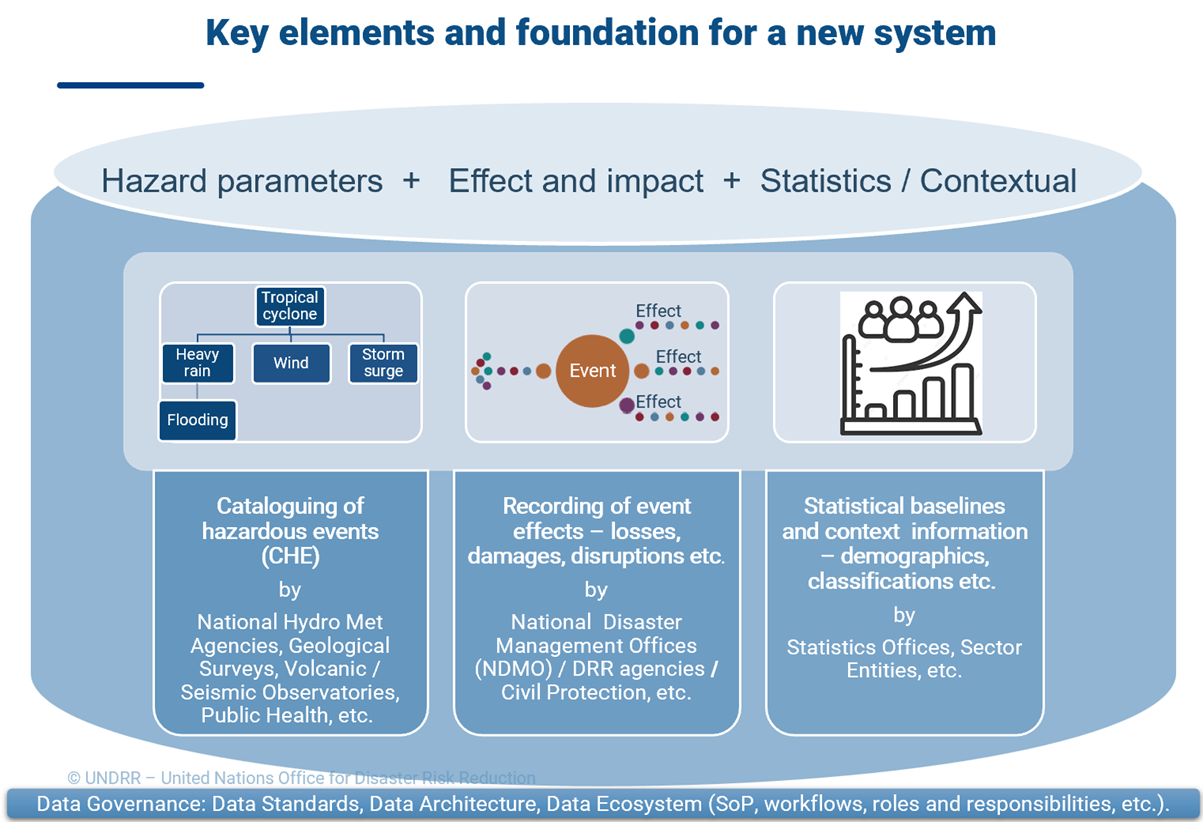
Addressing persistent challenges
More than just a software system, our approach represents a significant improvement in tracking losses and damages while understanding disaster impacts. Our initiative tackles the following key challenges:
- Increased complexity of risks and impacts: Deeper understanding of underlying risks, triggers, causes, and both direct and indirect effects, along with cascading impacts.
- Data governance, institutionalization, and sustainability: Strengthen governance, institutionalization, and sustainability of databases and information systems.
- Technological innovation in Digital and Data Technologies: Address significant changes in technology options, capacities, and needs with solutions tailored to maturity levels.
- Methodological evolution for assessing effects and impacts: Consider evolving methodologies for assessing losses, damages and impacts, along with adhering to data standards.
- Interoperability of Systems: Enhancing support for data use and reuse, connecting, and integrating multiple sources, fostering complementarity.
The new system supports both new and traditional use cases, bridging data to insights for more effective actions.
To learn more, follow the below links, events or get in touch.
News
Resources
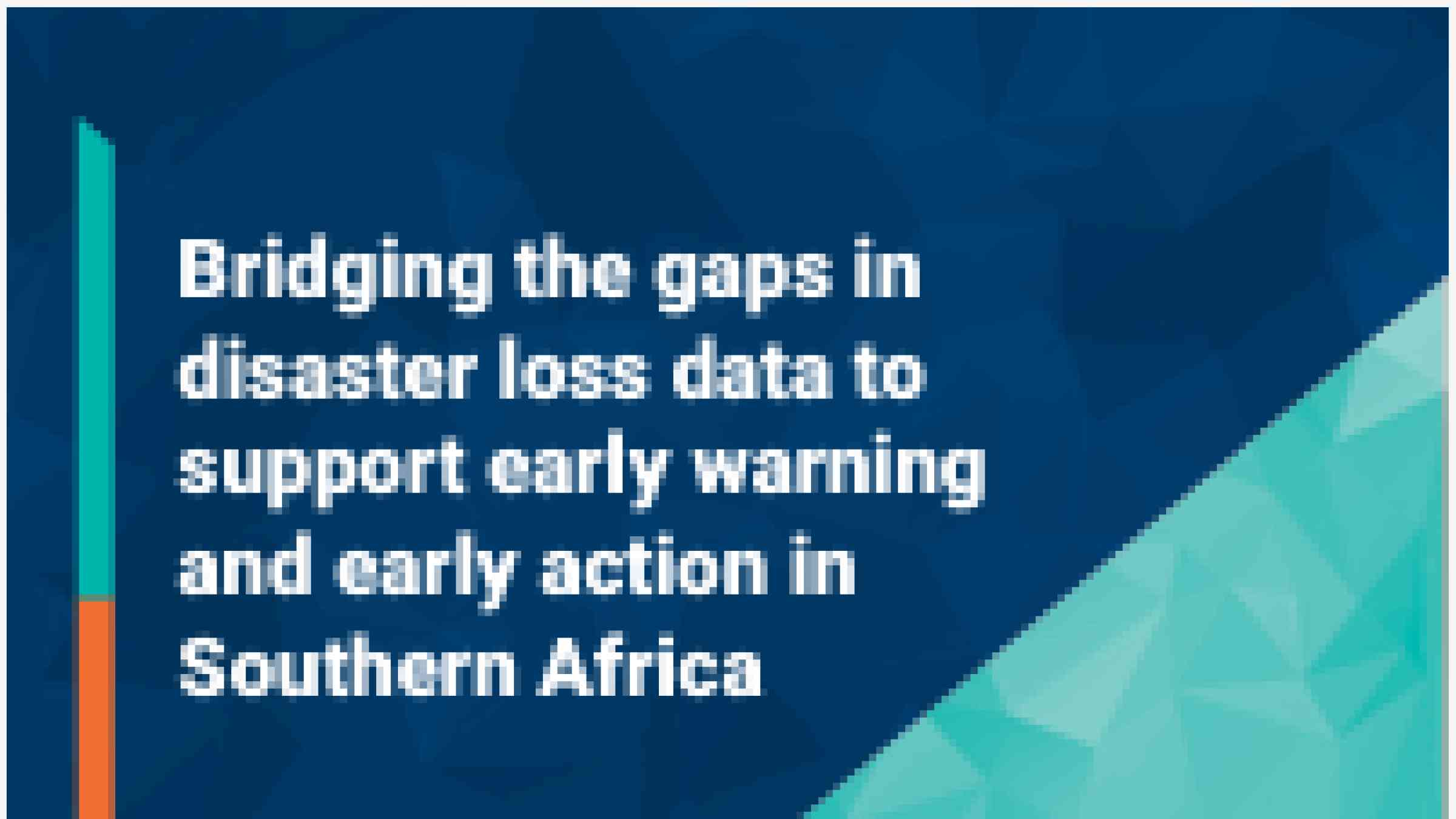
Upcoming events
Past events
Contact the UNDRR Bonn Office to know more and contribute
BONN, GERMANY
UNDRR Office in Bonn
UN Campus
Platz der Vereinten Nationen 1
53113 Bonn
Germany
Phone: +49 228 8152000
Email: [email protected]
Web: www.undrr.org/bonn
